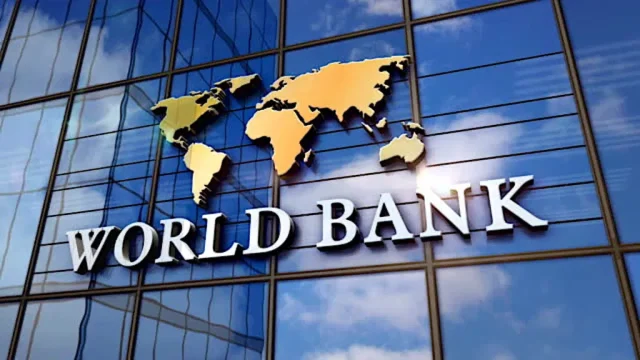The World Bank has forecasted that Nigeria, Angola, and Sierra Leone will likely maintain high interest rates for an extended period due to their persistent double-digit inflation and weakened domestic currencies.
In its latest Africa’s Pulse report, the World Bank analyzed the inflation outlook across African countries. Despite some nations reducing or holding their benchmark rates, the Central Banks of Nigeria, Angola, and Sierra Leone are anticipated to adopt a “higher-for-longer” approach.
The report highlighted several factors contributing to these countries’ decision to maintain a tighter monetary policy stance. Currency weakness, slow fiscal adjustment, and ongoing cost pressures are among the key drivers. Ethiopia, Ghana, and Nigeria, in particular, have experienced significant currency depreciation and increased demand for foreign exchange.
The World Bank also noted that measures taken by Angola and Nigeria to mitigate social unrest associated with high living costs have put pressure on their public finances.
The Bretton Woods institution previously identified the Nigerian naira as one of the worst-performing currencies in Sub-Saharan Africa in 2024. As of August, the naira had depreciated by approximately 43%, making it one of the region’s weakest currencies alongside the Ethiopian birr and South Sudanese pound.
Several factors contributed to the naira’s depreciation, including increased demand for US dollars in the parallel market, limited dollar inflows, and delays in foreign exchange disbursements by the Central Bank of Nigeria. The World Bank emphasized that the surge in demand for dollars, driven by various entities, further exacerbated the pressure on the naira.





















